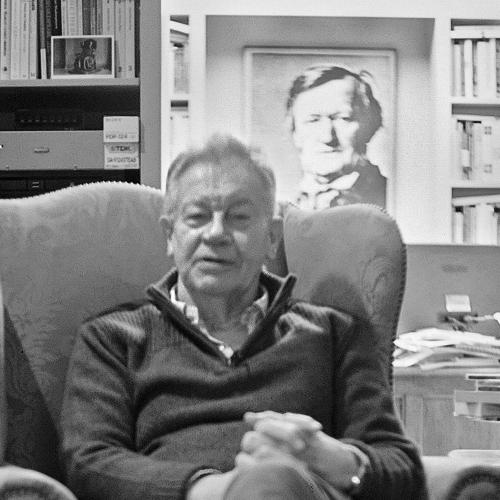COMPOSERS: Beethoven
LABELS: Ondine
ALBUM TITLE: Beethoven
WORKS: Piano Concertos Nos 1 & 5
PERFORMER: Royal Northern Sinfonia/ Lars Vogt (piano)
CATALOGUE NO: ODE 1292-2
Lars Vogt has recorded Beethoven’s First Piano Concerto once before, in 1995 under Simon Rattle. His new recording, in which he both plays and conducts, is quite different. In an interesting conversation printed in the booklet, he says he now sees this concerto as more of a chamber piece, and that playing it facing the orchestra and letting them play without his conducting, mainly, reinforces that feeling. Certainly there is a feeling of intimacy and give and take that isn’t usually present in performances, where the orchestra can sound very grand and stands in the same relationship, almost adversarial, to the pianist as it does in much of the first movement of the Emperor Concerto, also on this disc. Vogt also, he tells us, has a strong attachment to the cadenza Beethoven later wrote for the work, which lasts a full six minutes and which I find a major bore. If this is what Beethoven’s celebrated improvisations sounded like I’m glad they weren’t committed to paper. Previously Vogt had performed a monstrosity of a cadenza by Glenn Gould, of all people. Still, that aside, this is an enjoyable and probing account of this lovely work. The Northern Sinfonia, though it has less than 16 players, sounds adequately forceful.
It still sounds impressive in the Emperor, but it does lack the sheer guns for the famous confrontation with the piano at the climax of the first movement, which should surely be a serious contest of volume, among other things. Vogt’s playing in the slow movement is suitably rapt, and the whole performance radiates that sense of well-being which the piece demands.
Michael Tanner
